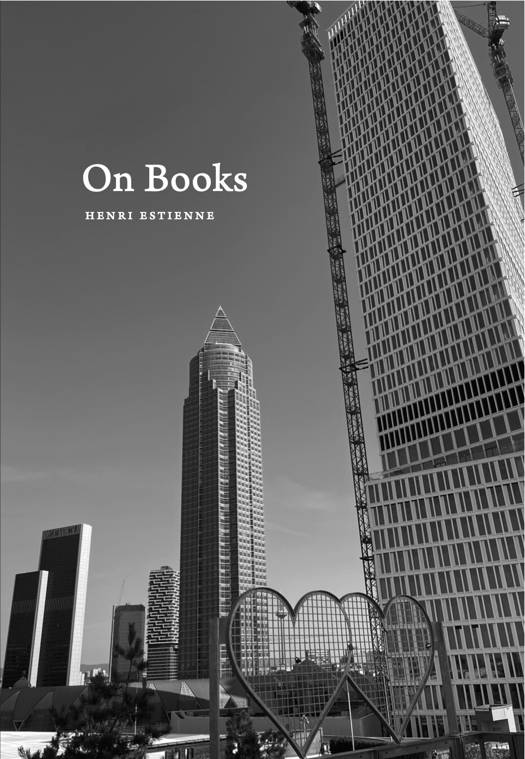
- Afhalen na 1 uur in een winkel met voorraad
- Gratis thuislevering in België vanaf € 30
- Ruim aanbod met 7 miljoen producten
- Afhalen na 1 uur in een winkel met voorraad
- Gratis thuislevering in België vanaf € 30
- Ruim aanbod met 7 miljoen producten
Zoeken
Omschrijving
Henri II Estienne (1531-98) was the most outstanding member of his family's long-lived publishing dynasty. He continued the work of his father, Robert, by publishing many unedited Greek texts and completing the Thesaurus linguae Graecae (1572), an expensive venture from which his business never fully recovered. His versatility - as publisher, scholar, corrector, lexicographer and poet - can be seen in the paratextual material in his many editions, and in his own original works. This anthology presents a sample from Henri Estienne's writings across his career and from different genres. These range from letters, to poetry, to essays, to his Encomium of the Frankfurt Fair. They reveal him as a remarkable scholar with an astonishing grasp of Latin and Greek literature, while highlighting also his problems both as a publisher and as a scholar. Estienne's elaborate essays on the ancient Greek historians Xenophon and Herodotus use ancient examples to support contemporary arguments. His verses preserve a strong sense of the life of a scholar turned businessman, both at work and at play. In remarkably fluid Latin, Estienne reveals in these writings his aspiration to be worthy of his father's legacy, his affection for family and friends, his humour, and his gripes with other scholars and publishers.
Specificaties
Betrokkenen
- Auteur(s):
- Uitgeverij:
Inhoud
- Aantal bladzijden:
- 488
- Taal:
- Nederlands
- Reeks:
- Reeksnummer:
- nr. 2
Eigenschappen
- Productcode (EAN):
- 9789464447675
- Verschijningsdatum:
- 25/03/2022
- Uitvoering:
- Hardcover
- Formaat:
- Genaaid
- Afmetingen:
- 160 mm x 230 mm
- Gewicht:
- 1000 g

Alleen bij Standaard Boekhandel
+ 78 punten op je klantenkaart van Standaard Boekhandel
Beoordelingen
We publiceren alleen reviews die voldoen aan de voorwaarden voor reviews. Bekijk onze voorwaarden voor reviews.













